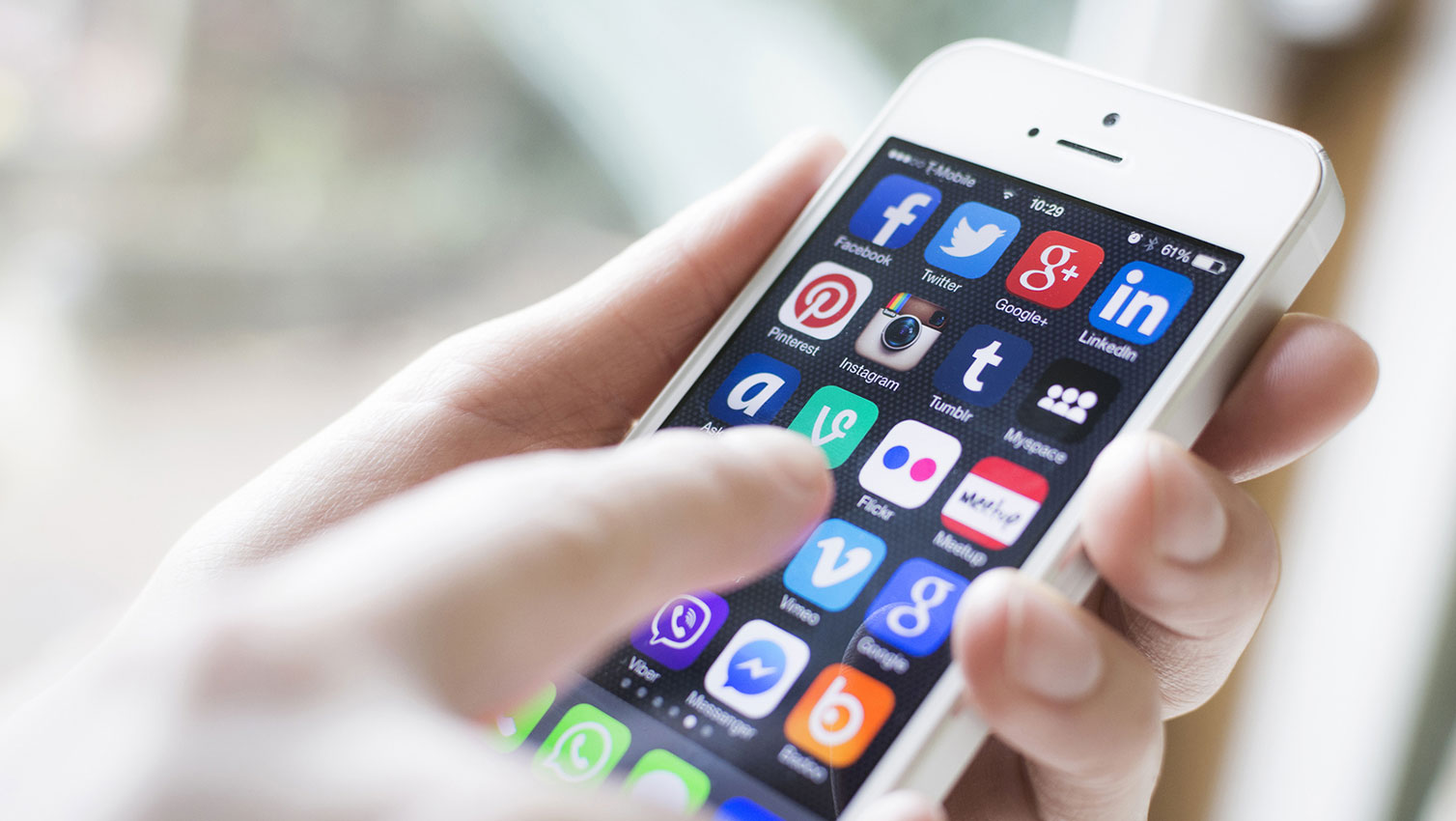Internet Influence
Critics are quick to pan slacktivism, but, in doing so, only prove its value.
By Rae-Kwon Andrews, Saint Leo University
Too often, I hear critics lament that “only tweeting something isn’t really doing anything.”
While they have a point in some regards, in that a tweet itself rarely leads to change, they forget the importance awareness plays in the odds of creating reform. No one can do anything about a problem unless they know of its existence, which is why slacktivism, while neither ideal nor sufficient by itself, still vastly betters inaction. For naysayers denouncing the armchair SJW, go ahead and critique their minimal impact, but don’t call their work unimpactful; you never know what may resonate with someone.
There isn’t one correct way to advocate, and passing information along is and always will be vital to spreading awareness of a problem. Social media activism is especially important for younger generations, as many millennials and their peers hardly watch the news. What they find on Facebook, Twitter, Snapchat and Instagram often constitutes the extent of their information intake regarding the world at large. In light of their limited window of information, social media activism becomes not only important, but critical.

People also should take into account that not everyone is comfortable with participating in vigils, rallies and boycotts. Some people flourish online, and there is nothing wrong with that. Folks should be doing their best with what they’re comfortable with.
Plus, the stigma of having to go outside and protest to be seen as a true activist is harmful to newcomers and those who feel that they are giving their all. Social media gives you the option to continue scrolling without threatening your life.
Personally, I think that the type of person who was out in the streets thirty years ago still exists today, and they are still out there, fighting oppression despite overwhelming odds and a lack of resources. But, now, a horde of online supporters, people who would have never participated in any form of political expression before the advent of social media, are there to support them, even if in word only. Does it trump traditional protesting? No, but it does supplement it.
In certain instances, online activism goes beyond complementing traditional protest, and actually does better its predecessor. Certain forms of political expression, such as online petitions, benefit greatly from netizen participation, as they were only a fraction as effective twenty years ago as they are today. In that way, online activism has actually improved upon its progenitor, leading to the ability to make changes that previously would have been impossible.
Pamela Rutledge from “Psychology Today” wrote an excellent article outlining four ways in which social media is redefining activism
The first is that social media changes public awareness. Second, social media distribution means individuals are getting information from someone in their network. Third, social media allows for an immediate publication that gives the topic urgency, making it personal and allowing for individual action. Finally, social media has changed the psychological impact of communication by altering expectations about participation and individual agency.
Rutledge and her points are clearly in the corner of my argument, though it is odd that her piece comes from 2010.
More than seven years ago, intelligent psychologists were providing evidence that online activism works, yet the public at large continues to doubt. Ironically, since the time of the article’s writing, society’s reliance on social media for its information has only increased, exponentially in many cases, making activism on its platforms more visible than ever.
So, it’s about time that critics stop discrediting social media activism. Sure, critic Keenan Lo is right at the end of the day; you can “just scroll past” it. But, that’s kind of the point. It’s important that society allows a comfortable environment for everyone to voice their opinion and feel confident doing so. In that way, social media activism is the best of both worlds. It’s a platform for engaging with different political viewpoints, though one that is safe for all parties involved.
The amount of effect online activism has on you depends on how open-mindedly you approach it, which is, let’s face it, the same amount of impact traditional protests have.
At the end of the day, whether you’re blockading a road or taking down a Twitter troll, activism is about changing minds. You never know what is going to resonate with someone, and social media just gives activists one more tool to try.


















I don’t like doing it
[…] This article talks about why social media activism is here to stay. It opens with “Too often, I hear critics lament that “only tweeting something isn’t really doing anything.” Personally, I find this to be untrue. Take a look at what has happened over the past month or so in Parkland, Florida, for example. A group of students from Stoneman Douglas High School took their pain and grieving over fallen friends and faculty from the shooting at their school on February 14th to activism- protests, school walkouts, marches and rallies. One of the student activists from MSD, Emma Gonzalez, turned to Twitter in wake of the shooting, gaining over a million followers in a few short weeks to speak out on gun violence and the #NeverAgain organization created that advocates for stricter gun laws. […]